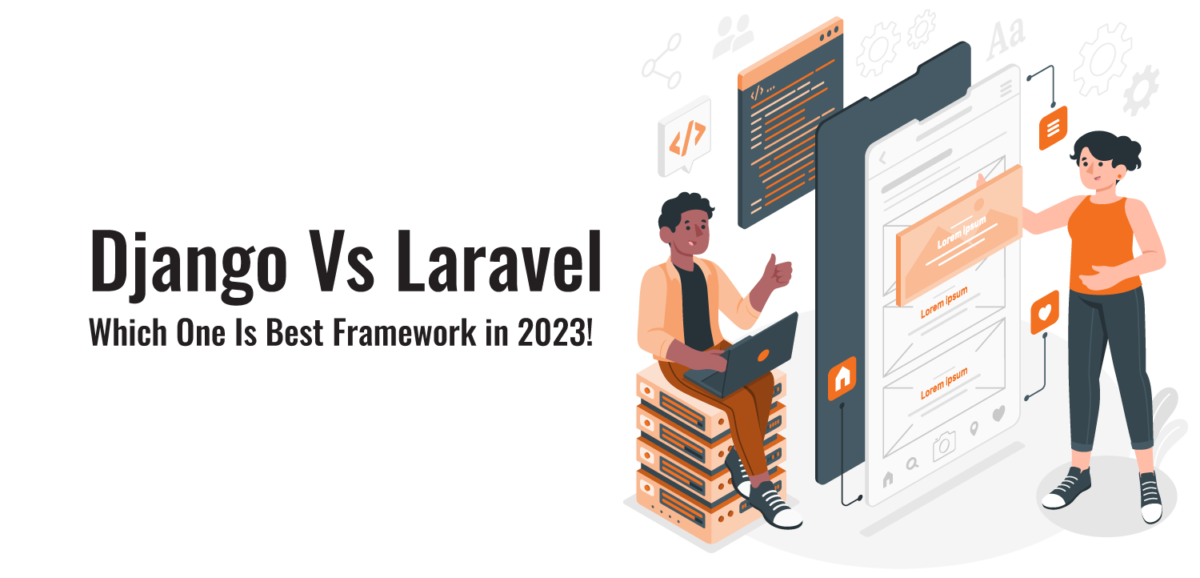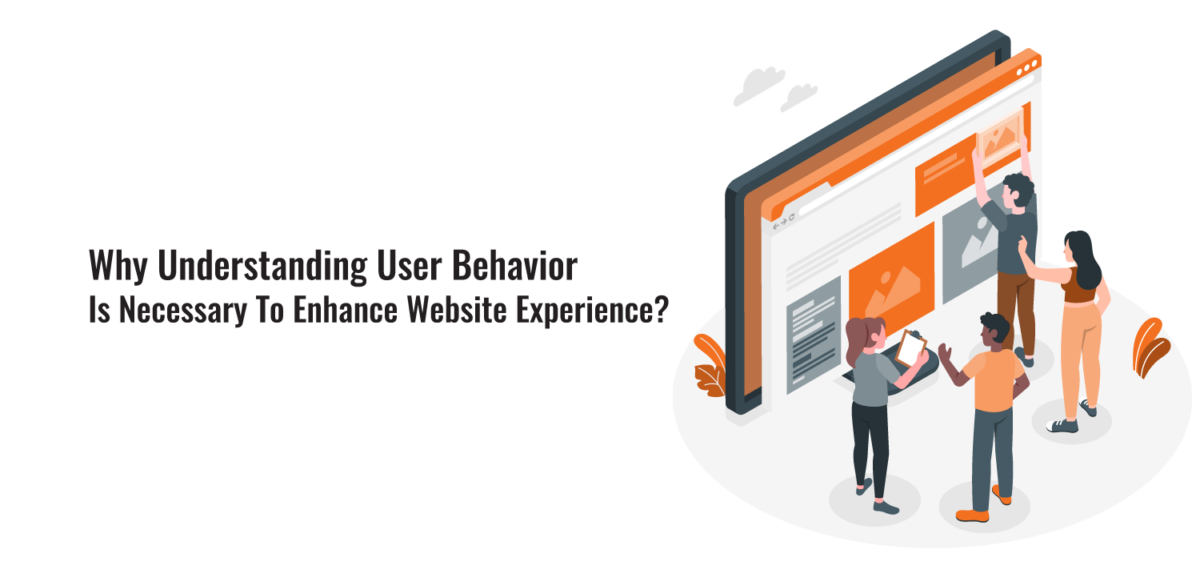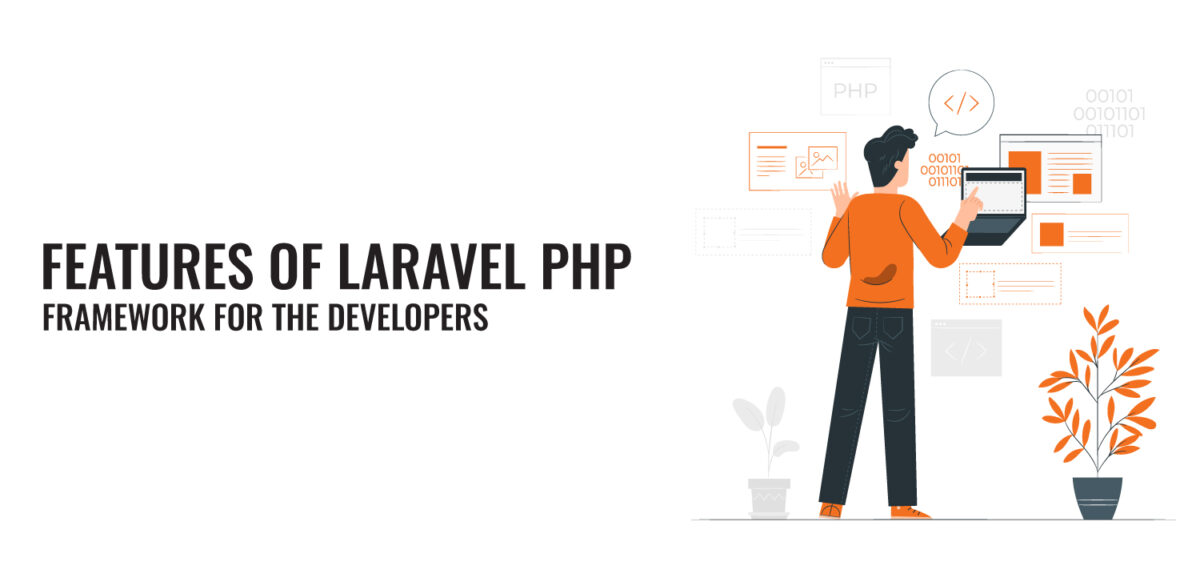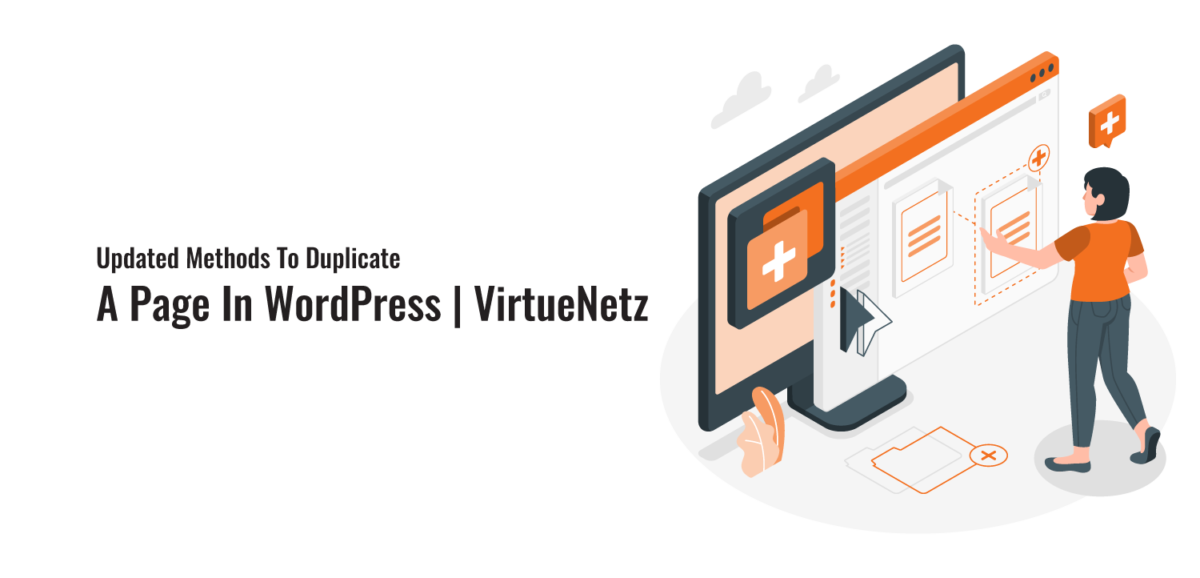In the world of website development, Django vs Laravel is a big competition, and at the same time, it’s hard to select one best framework as a complete package. This debate will never end until you get an expert to pick the ideal framework and know its critical features according to your next application development.
Django is an open-source well-reputed framework based on Python. The design structures are based on the Model View Template (MVT). It’s system is choosing to create stable, efficient, and challenging customized web apps.
On the other hand, It is an open-source structure for web advancement based on the PHP language. All the Laravel web application designs and layouts are developing in MVC (Model View Controller). It gives a rich arrangement of tools, libraries, and functions for improving web applications, e.g., Ruby on Rail. It is participating in business growth by developing an organized CMS (Content management system).
Table of Contents
- Keys To Select The Ideal Web Development Framework
Keys To Select The Ideal Web Development Framework
You cannot drive the car until you don’t know how to manage the ups and downs. The same strategy applies in website development framework selection; you must know about a specific framework’s pros and cons with VirtueNetz(Design and Development Agency) before you start development.
Things To Be Consider To Judge Any Framework
- Framework Tools
- Libraries of web application development
- Functionalities of Framework
- Complexity measures
- Development maturity
- Community of Supporters
- Problem-solving power
- Cost
- Stable and well-reputed application based on a specific framework
Django
Django was invented in 2005. It is a fantastic framework and used by the well-known brands and businesses on the planet as their project back-end. These organizations include Pinterest, Udemy, NASA, and Instagram. It was authorized by a 3-clause BSD (Berkeley Software Distribution) license. Many well-reputed web applications are running on Django, including Mozilla, Instagram, Bitbucket, Pinterest, etc.
The attractive side of it’s is project controls while maintaining all security, stability, and release measures. It has no heavy setup for development and has an independent component for improvement and testing procedures. It’s structure’s essential objective is to facilitate complicated web apps in a limited time.
Laravel
Laravel was made and invented by Taylor Otwell; MIT License authorizes it. It was invented in 2011. For development, It needs essential or progressed information of PHP language. Developers are choosing Laravel to create CMS web applications. It’s advanced traffic management features are participating in your web growth, and web growth is participating to lead your business on the other level.
Developers can flexibly use the ready-made tools and features for rapid development; on the other hand, the maximum time for finding the best solution is now minimized. It has expert tools to build up a web application; developers can pick any available design and layout according to their project nature.
Strong Comparison “Django Vs Laravel”
Base Comparison:
1: Django:
It is a full-stack development framework based on Python.
2: Laravel:
It is also a complete package of full-stack development based on PHP language.
Maintenance:
1: Django:
Developers are free to develop any customized application, & Django checks your project’s maintenance by “using it’s Software Foundation.”
2: Laravel:
In Laravel framework development, developers are free to maintain their projects according to their requirements. On the other side, it’s community and licensed MIT are participating in it’s web applications’ growth and stability.
Development:
1: Django:
It is a stable web development platform that depends on Python and Python allows rapid development while maintaining the quality and repute of your project.
2: Laravel:
On the other hand, the Laravel system is also a web-based platform with easy coding and various available tools/features that are enough for a complex web application. Laravel advanced features are including routing tools, session, and security features.
Architecture:
1: Django:
It has the architecture of MVT (Model View Template). This model is not only flexible to use but also has a lot of flavors of advanced development.
2: Laravel:
It is beating its competitors by using MVC (Model View Controller). Stability, growth, and ease are the primary keys of the MVC model.
Platform:
1: Django:
It is used as a Cross-platform for web application development.
2: Laravel
It is also working as a cross-platform based on PHP. Nothing more useful than a stable and well-growing framework and Laravel is on the top of the list.
Growth:
1: Django:
It gives a fast turn of growth by having a vast community of supporters and incredible features.
2: Laravel:
Besides, hard competition between Django and Laravel, It’s framework is a comparatively more expert community and they always focus on the growth and advancement against complex customized problems.
Scalability:
1: Django:
It’s scalability is participating in enhancing the application performance. And the improved application performance is participating in completing the market demands and increasing workload. And all these scalability factors directly impact your economy and growth.
2: Laravel:
It is also working on high scalability and putting values for application growth. But the difference between Django and Laravel from the scalability factor is the language in which developers have to write their code. But overall, both are well-reputed frameworks from a scalability point of view.
Generality:
1: Django:
The general features of Django are participating in developing quick and flexible web apps while these features are growing the supporter’s community.
2: Laravel:
It’s generality is sorting all the framework complexities and ensuring a strong base of supporter’s community.
Comparability:
1: Django:
Many frameworks are there that are based on Python.
2: Laravel:
It is the most well know framework considered for PHP. It as a Mature Framework for Web applications.
Standardization:
1: Django:
It’s standards come from the supporter’s community. It is getting viral because experts are giving a boost by doing their advancements.
2: Laravel:
It has high and robust standards because it gets stable earlier. It’s supporter communities are building international-level web applications and adding more stars to Laravel’s portfolio.
Key Differences Between Django & Laravel
Code:
Framework Features:
It is a stable web application framework based on Python that gives a quick turn of development and gives exact designs against customer’s demands. On the other side, the Laravel framework is also an excellent solution for web applications. It’s gripped features and tools are putting attractive values as compared to any other web application-based framework; these features include routing, meetings, verification, and reserving.
Packages for Complex Applications
It gives useful bundles of features, simple to learn with excellent libraries for advanced web application development. Secondly, It gives imaginary improvement tools, dependency injection, web apps designs, unique community bundles, MVC model, developing supporter’s community, and so forth.
- Framework Cons Highlights
- Django has minor cons in a couple of tools and features that are reasons to disturb application performance; these cons are including URL dispatchers, underpowered object-social planning, inside subcomponents coupling, etc.
If we talk about Laravel Cons: It has not many cons, just ignorable elements are there in the list of cons like static techniques calling and moderate execution, but supplements are available in it’s framework to overcome these cons.
- Django has minor cons in a couple of tools and features that are reasons to disturb application performance; these cons are including URL dispatchers, underpowered object-social planning, inside subcomponents coupling, etc.
- Django has different middle pillars, while Laravel has just HTTP middle pillars. It is somewhat quicker as it utilizes Python quicker, but it utilizes PHP that is a little bit slow.
Remember that these frameworks are well reputed and carry well-reputed websites, so there’s no wrong decision to work on any framework but make sure that it should be accurate according to project nature.
The back-end framework is very close to its core features and language, so it’s not difficult for any developer to move from language to its framework. In other words, developers feel more comfortable in solving any problem when they prefer a framework.
a. Finishing Elements for Web Applications
Django: It gives improve climate with a delicate web server, and this server ensures straightforward and quick sending. This enhanced climate feature guarantees a start to end delivery and testing exercises.
Laravel: The framework gives more attraction for developing complex applications by Using Queues and command-based support. These features are used to run good jobs and events and allow developers to perform any activity more simply and easily.
b. Framework Approaches
Django uses various systems like Ajax, Caching, RSS channels, and different structures to perform complicated tasks. On the other side, Laravel has a setup of arrangements, routing, and testability where the management of the executive’s exercises happens. All these tools and features are valid on various machines where the Laravel structure is utilized.
c. Framework Layout
Django offers Administration Graphical User Interface to sort out the hidden admin tasks and arrange your complex activities in a challenging and well-managed way. Comparatively, it’s verification and format engine components are utilized to plan the progression diagrams and designs, including dynamic content.
d. Framework Security
Django vs. Laravel. The universe of the web has a little bit of a hostile climate, with sudden hacks and your minor weaknesses can become a cause of blunder. These are the reasons that demand high-security measures for long-term web comfort. These securities can be in the form of SQL infusions or cross-web page scripting.
It pays attention to security and assists engineers before making any mistake in web development and ensures some security protocols against unauthorized persons. On the other side, Laravel also makes sure live security measures and uses strong protocols to avoid attacks. But overall, it is the more efficient framework from the security aspect; that’s why NASA utilizes Django for their website.
e. API
Most of the time, developers are not interested in using all the back-end framework’s tools and features. Developers usually preferred to construct a customer-rich application with a RESTful API. The delightful thing about Laravel is API support and allows to build API, as the queries return JSON by default. On the other side, Django is not offering built-in API features; the developer has to use libraries to perform the same function as it is offering by default.

 ?>
?>
 ?>
?>
 ?>
?>
 ?>
?>
 ?>
?>